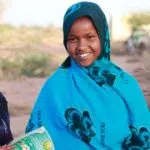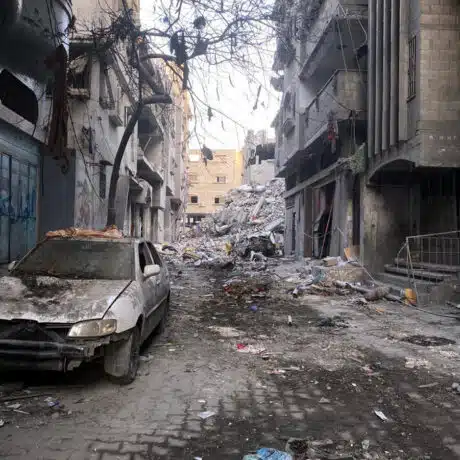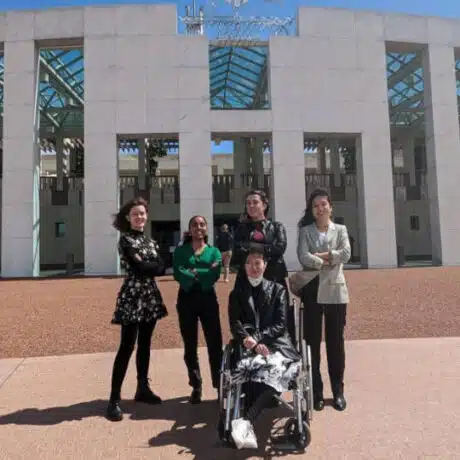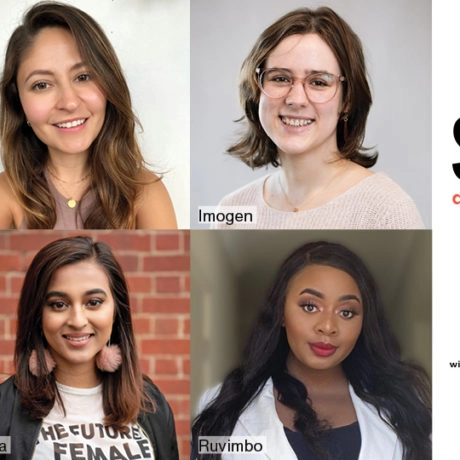News and Stories - Advocacy - 27 June 2022
“I am one of those 200 million girls alive today who has experienced female genital mutilation (FGM).”
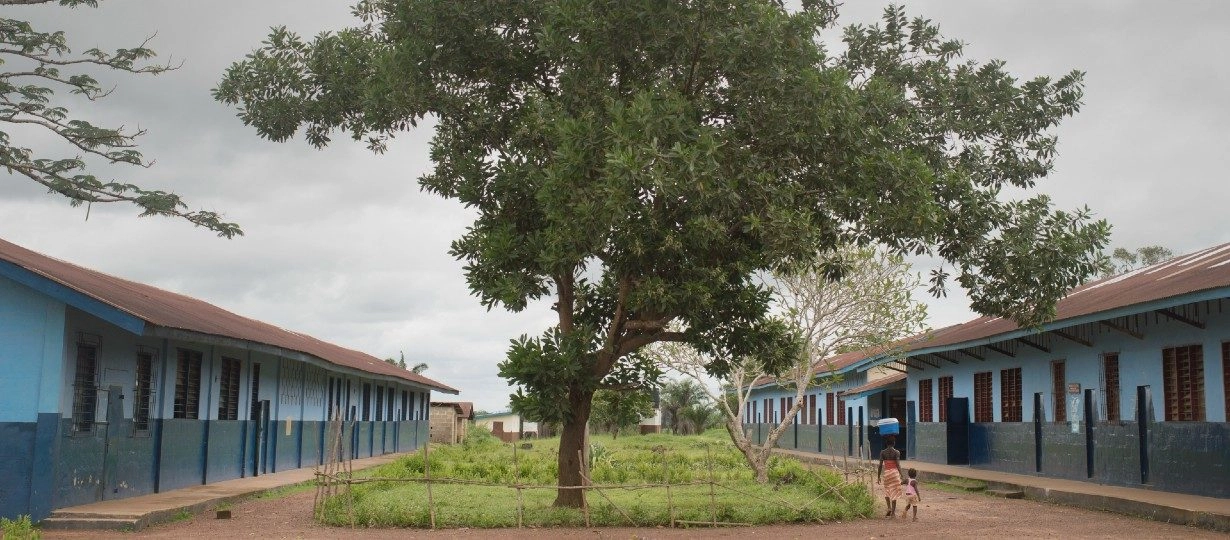
Khadija Gbla is an anti-FGM campaigner, and Plan International Australia supporter. With her lived experience she has been helping us raise awareness around this important work for a couple of years now. This is her story.
When I was a young girl, my family fled war stricken Sierra Leone to seek refuge in Gambia, in Western Africa. While living there my mother applied for refugee status and we were accepted and resettled in Australia in 2001.
But not long before we were set to leave for Australia, my mother came home one day to tell me were going on a car trip into a remote village. We stopped at two huts where an older lady, who I’d never met, lived. Without warning, she approached me with a rusty, sharp knife. The next thing I knew I was on the floor and my most private, intimate part of my body was being cut.
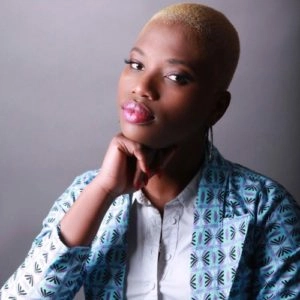
It was not until I started volunteering as a young adult for an organisation called Women’s Health Statewide in Adelaide, that I learned what had happened to me through their FGM program. Words cannot express the confusion and pain I felt.
What happened to me was a human rights violation. And it continues, generation to generation, every single day to girls around the world – from Melbourne to Mogadishu to Khartoum to Kuala Lumpur.FGM often happens in secrecy, just like it did to me. With many countries and cities around the world still in lockdown due to COVID-19, I worry for the young girls who are being subjected to this practice in increasing numbers.
I know that the pandemic has created a perfect platform for FGM to thrive. Prevention is key to tackling FGM and violence against girls and women, and while the world has been in lockdown, this critical work has been hindered
But like you, I’m committed to making sure these programs can continue to reach girls at risk of FGM.
Along with the psychological scars FGM leaves the practice can also cause serious medical issues, infections and has lifelong consequences for girls’ sexual and reproductive health.
I was angry about what happened to me. I now channel the anger and pain into advocacy and campaigning against FGM, working with a number of local communities and organisations like Plan International Australia, to help end this practice.FGM is child abuse: it is violence against women. It’s saying that women don’t have a right to sexual pleasure; it’s saying we don’t have a right to our bodies. But I say no to that, and you can say no to FGM too. We must break the silence and the secrecy.
Every girl around the world has the right to decide what happens to her body and to her future. Join Khadija and help end FGM by donating today.


